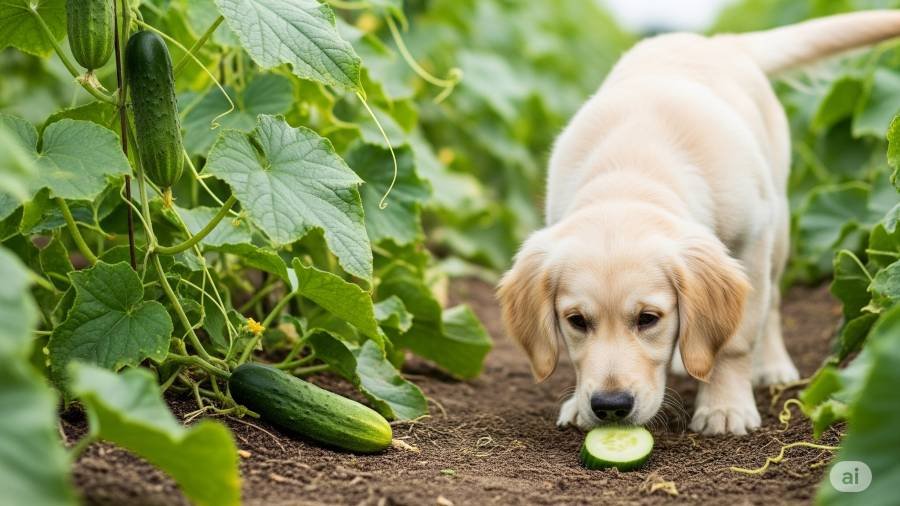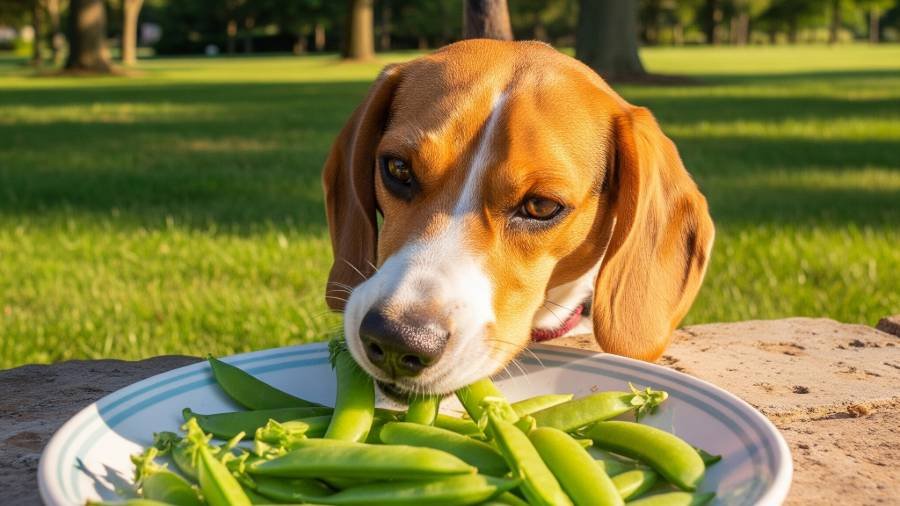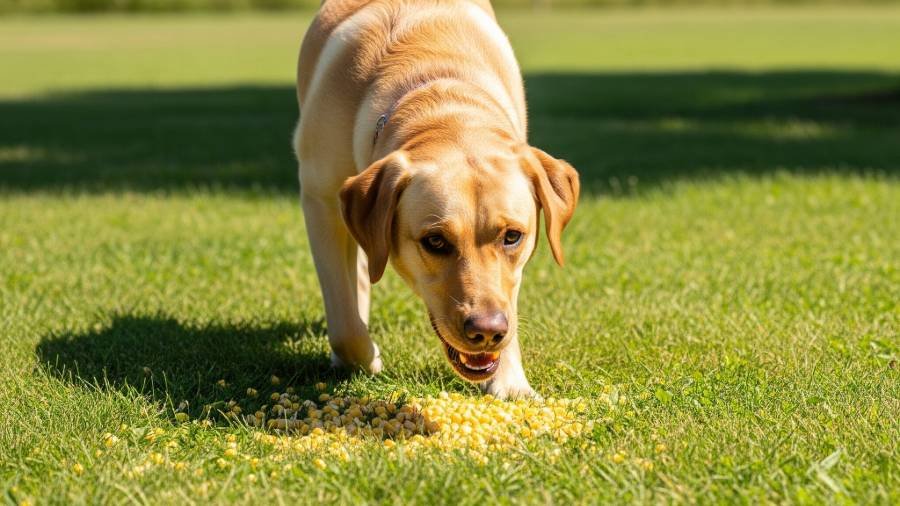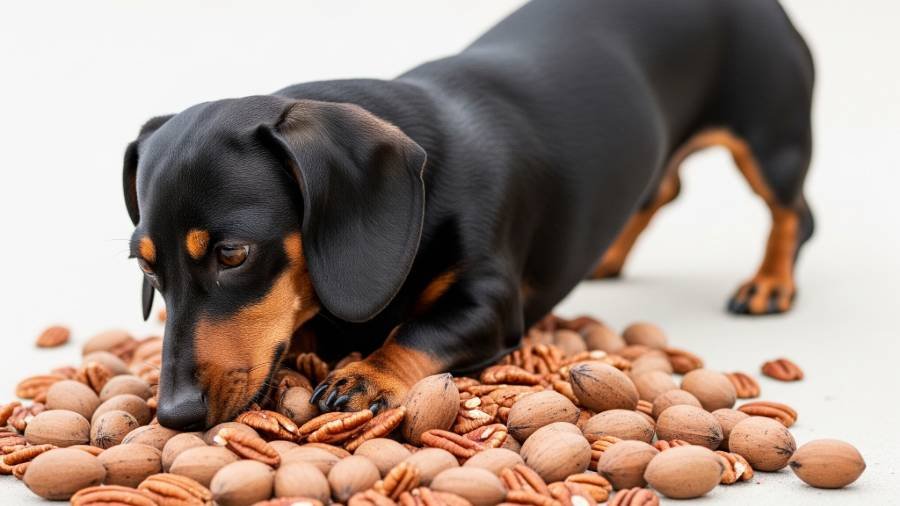Yes, dogs can eat popcorn in small amounts if it’s plain and air popped, making it a safe occasional treat for dogs when given sparingly.
However, added toppings like butter oils or salt can make popcorn bad for dogs.

Potential Benefits of Popcorn for Dogs
When dogs can eat plain air popped popcorn in moderation, it offers some advantages:
- Magnesium Manganese: Provides trace amounts of these minerals, supporting bone health.
- Low-Calorie Snack: A small amount for your dog adds minimal calories to their daily calorie intake.
- Fiber Source: The hulls offer mild fiber, aiding digestion in tiny portions.
- Engaging Texture: The crunch can entertain dogs, serving as a simple distraction.
- Natural Treat: Plain popcorn is a whole-grain option among safe human foods.
These benefits apply only when popcorn is offered as an occasional treat without additives.
Risks and Dangers of Popcorn for Dogs
While plain popcorn is safe for dogs, certain risks arise if not managed:
- Pose a Choking Hazard: Partially popped kernels or large pieces can block a dog’s throat.
- Upset Stomach: Eating too much popcorn can lead to bloating or diarrhea.
- Added Toppings: Buttered popcorn or salted varieties can cause salt poisoning or pancreatitis.
- Common Food Allergy: Some dogs may have allergies, though rare, leading to itching or digestive issues.
- Dental Damage: Hard kernels can crack teeth if chewed aggressively.
- Obstruction: Swallowed hulls may get stuck in the digestive tract, requiring vet attention.
How to Safely Feed Popcorn to Dogs
To ensure popcorn is a safe treat, follow these guidelines:
- Use Plain and Air Popped: Avoid microwave popcorn with butter oils or seasonings before feeding dogs popcorn.
- Remove Unpopped Kernels: Discard partially popped kernels to prevent choking.
- Offer Small Amounts: Limit to a few plain pieces once or twice a week, keeping treats under 10% of a dog’s daily calorie intake.
- Supervise Eating: Watch your dog to ensure they chew properly and don’t gulp a bowl of popcorn.
- Avoid Additives: Never add salt, butter, or sugar, which can upset stomach health.
- Monitor Reactions: Introduce popcorn gradually and check for allergies or digestive issues over 24-48 hours. Consult a vet if problems arise.
- Talk to Your Vet: Seek veterinary advice before offering popcorn, especially for dogs with health conditions.
Signs of Popcorn-Related Issues
If a dog eats popcorn excessively or reacts poorly, look for:
- Vomiting, diarrhea, or reduced appetite
- Choking or gagging (from kernels or hulls)
- Lethargy or unusual behavior
- Abdominal pain or bloating
- Excessive scratching (possible allergy)
If these signs appear, stop feeding popcorn and contact a veterinarian immediately. Severe cases may need urgent care.
Expert Opinions
Veterinary sources, such as the American Society for the Prevention of Cruelty to Animals (ASPCA), state that dogs can eat plain air popped popcorn in moderation, noting its low nutritional value but safety when unseasoned. Experts warn that popcorn can lead to choking or digestive issues if not prepared correctly. For more insights, check can dogs eat bread.
Additional Considerations
- Health Conditions: Dogs with allergies or digestive sensitivities should avoid popcorn. Talk to your vet first.
- Puppies: Young dogs may struggle with kernels; offer only tiny, soft pieces.
- Dog Preferences: Some dogs enjoy the crunch, while others may not. Try alternatives like can dogs eat blueberries.
- Storage: Keep popcorn in a secure place to prevent overindulgence.
- Occasional Treat: Limit to special moments, not a regular part of dog food.
Safe Treat Alternatives
Instead of popcorn, consider these safe-for-dogs treats, tailored to enhance a dog’s diet:
- Cooked Turkey: Plain turkey chunks offer protein.
- Carrots: Small carrot sticks support dental health.
- Apples: Sliced, seedless apples provide vitamins.
- Plain Yogurt: A spoonful of Greek yogurt aids digestion. See our guide on can dogs eat Greek yogurt.
Introduce new treats gradually, monitor for reactions, and consult a vet if unsure.
Dogs can eat popcorn safely if it’s plain and air popped in small amounts, offering minor benefits like magnesium manganese as an occasional treat.
However, risks such as choking hazard, upset stomach, or allergies from added toppings like butter oils require careful preparation and portion control. Puppies or dogs with health issues should avoid popcorn unless approved by a vet, and a balanced dog’s diet should remain the focus.
Always talk to your vet before introducing popcorn or other human foods, and opt for safer alternatives. For more on canine nutrition, explore can dogs eat peas, can dogs eat corn, or what fruits can dogs eat.
For additional questions about what dogs can eat, feel free to ask!





